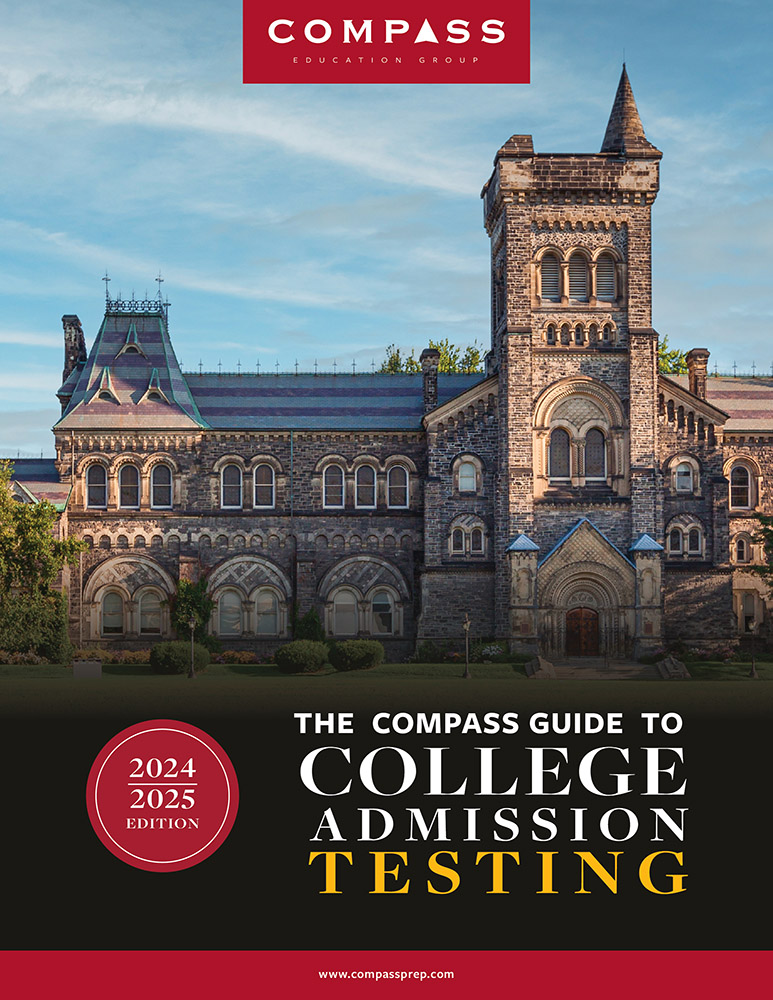
Algebra is a very important topic on the SAT. Approximately 35 of the SAT’s 58 math questions test your knowledge of Algebra I and Algebra II. That’s over 60% of the questions!
The good news is that the College Board has a very consistent list of topics that it tests. That means it’s possible for you to know what to expect on the SAT and prep accordingly. Here are some tips to help you do your best.
- Memorize important formulas and factoring patterns.
From the slope formula to quadratic factoring patterns like difference of squares, the SAT tests your knowledge of formulas you had to memorize in school. For many students, it’s been a while since you’ve thought about some of these topics (like the vertex form of a parabola), but now’s the time to start.
- Get comfortable with math-y language.
About half of the math problems on the SAT are word problems, and the test places a lot of emphasis on your ability to translate words into algebraic equations. If you’re given a problem where “Karen has three fewer than twice as many cookies as Kevin” and can translate that into algebra, you’re good to go!
- Know your tables and graphs.
Algebra on the SAT isn’t just about formulas. The test also gives you tables and graphs and asks questions about the functions they represent. Do you know what a linear relationship looks like? Could you pick out the graph of a quadratic function if you were given its equation?
- Make problems more concrete.
Occasionally, you may encounter a SAT problem that seems too hard to solve algebraically. In this case, it may be easier to plug in the answer choices or pick your own numbers for variables and work backwards. Don’t be afraid to think outside of the box and solve a problem in a creative way.

